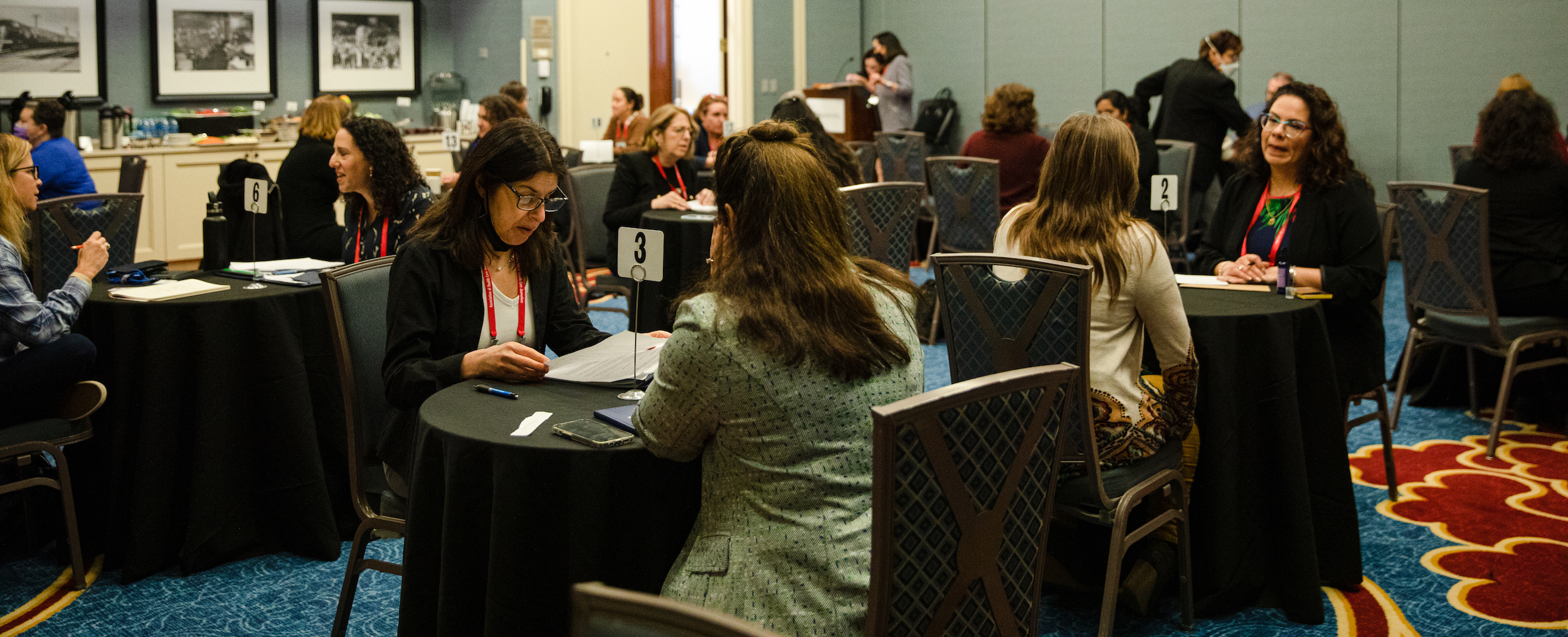Pitching
Tips for writing and selling profiles
These tips will help you find, pitch and report profiles of scientists, doctors, patients and others in the health field.
The nuts and bolts of solutions-focused health care journalism
Editors are on the lookout for pitches with a solutions focus going further than just reporting on the problem.
7 tips for repurposing pitches for multiple markets
Award-winning writer and editor specializing in health care reporting offers tips for reworking stories for different publications.
How to collaborate on a book
Award-winning writer, editor and collaborator Wendy Lyons Sunshine offers tips for collaborating with an expert on a book project.
How to expand into niche publications
Are you fed up with the rigmarole some consumer publications put their freelance writers through? Award-winning writer Jen A. Miller has tips for branching out into Business2Business and Business2Consumer publications.
7 Fatal Flaws of Story Pitches: How to identify common mistakes that get in the way of landing that big idea
Nieman Storyboard Editor Jacqui Banaszynski discusses the most fundamental ways that writers fail at pitching stories.
Be wary of assignment scams by email
Freelance journalist and author Carolyn Crist offers tips for avoiding assignment scams.
Reporting
Tips for diversifying your sources
Freelancers may want to think more critically about the sources they interview for their stories. Several groups have created databases to encourage reporters to extend their limited perspectives and typical networks.
Behind the Paywall — Leverage library resources for your research and reporting
From academic research and government documents to the librarians themselves, reporters will find an array of tools in libraries to dig for stories and sources.
How to prepare to report on a medical research conference
Learn what you should do in the weeks before and during a conference to make for an easier, less hectic experience.
AHCJ membership accepted as credential for medical meetings
Learn which organizations accept AHCJ membership as a credential.
Audio reporting resources
Check out these valuable audio reporting resources.
Filing FOIA and other open records requests
Subject librarian Katy Boss at New York University’s Arthur L. Carter Journalism Institute created an instructive guide to filing FOIA and state and local open records requests.
Freelance investigative reporting may not be easy, but it’s possible
A Health Journalism session on investigative reporting for freelancers highlights tips, resources and success stories.
Freelancers, editors explore ethics, integrity and transparency
Many freelancers take on additional writing assignments to make ends meet. But when do these non-journalistic jobs present real or potential conflicts of interest? How should writers and their editors address ethical questions that may arise?
Organizing your research: A scientist’s tips for journalists
Learn how to use literature mapping tools, RSS feeds, research management software and databases to organize your research. Article by The Journalist’s Resource
Tips for collaborating with other journalists
AHCJ members and freelance journalists Laura Beil, Fran Kritz and Tara Haelle discuss their experiences working with others on stories and offer tips for fellow independent journalists.
Tips for finding ‘real’ people for your stories
Journalists share tips for using social media to find “real” people to interview.
When to quote survey results: How to judge quality and recognize red flags
Courtney Kennedy, vice president of survey research and innovation at the Pew Research Center, has advice for reporters on how to judge the quality of surveys.
Writing
How narrative moments can elevate a non-narrative story
Nieman Storyboard Editor Jacqui Banaszynski explains how journalists can use character, dialogue, description and scene to make explanatory journalism more compelling.
Explore More for Freelancers
Health journalism saves lives.
Everyone should have access to quality health care information so they can make informed decisions. Join AHCJ today for exclusive access to training and education to inform your community.




